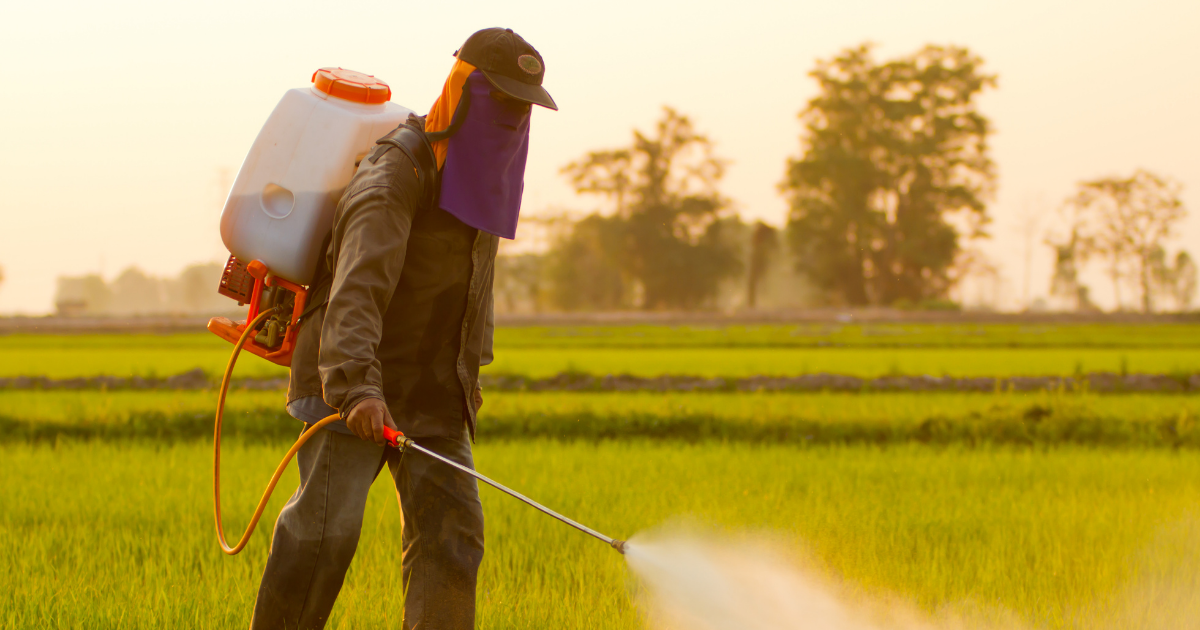MENU
- Home
- Overview
- Attorneys
- Practice Areas
- Firm News
- Blog
- Contact

While pesticides are intended to kill unwanted pests, they generally do not pose a risk to humans, but there are cases where people are exposed to pesticides at hazardous levels. Some bug poisons distress the nervous system. Pesticides can also contain carcinogens that affect the hormone or endocrine system in the body.
The Environmental Protection Agency (EPA) takes into account a pesticide’s active ingredients to assess risk. A cumulative risk assessment gauges the risk associated with one time exposure compared to multiple pesticides that act the same way in the body.
The EPA evaluates whether or not pesticide residue will affect food. The EPA sets safeguards on how the pesticide may be used, how often it may be used, and what protective clothing or equipment must be used before approval of the pesticide. These standards ensure the health of humans and the environment.
The EPA’s Agricultural Worker Protection Standard (WPS) is designed to mitigate pesticide poisonings and injuries to agricultural workers and pesticide handlers. Over 2 million agricultural workers and pesticide handlers who work at over 600,000 agricultural companies are protected by the WPS. In 2015, the EPA revised the WPS to decrease pesticide exposure incidents among farmworkers and their family members, which resulted in fewer incidents on jobsites.
The safeguards call for workers and handlers to be trained in pesticide safety training materials. Pesticide safety training materials with the expanded content required by the WPS must be used to train workers and handlers.
If you believe that you have been poisoned by a pesticide, immediately seek medical attention. Make a hospital visit or go to your physician, and if you have any questions, call the EPA’s poison control center.
You may also have legal options if you have been exposed to a pesticide because of the negligence of another party. You should contact a lawyer for more information.
If you have become ill due to pesticide exposure in an agricultural business that is covered by the WPS, your employer must offer transportation available from the jobsite to a health care facility and give specific information about the pesticide to which you may have been exposed.
If you are suffering from an illness that was caused by exposure to a pesticide, contact our knowledgeable Delaware toxic tort lawyers at Jacobs & Crumplar, P.A. today. Contact us online or call us at 302-656-5445 to schedule a free consultation. Located in Wilmington and Millsboro, Delaware, we serve clients throughout Dover, New Castle County, and Sussex County.